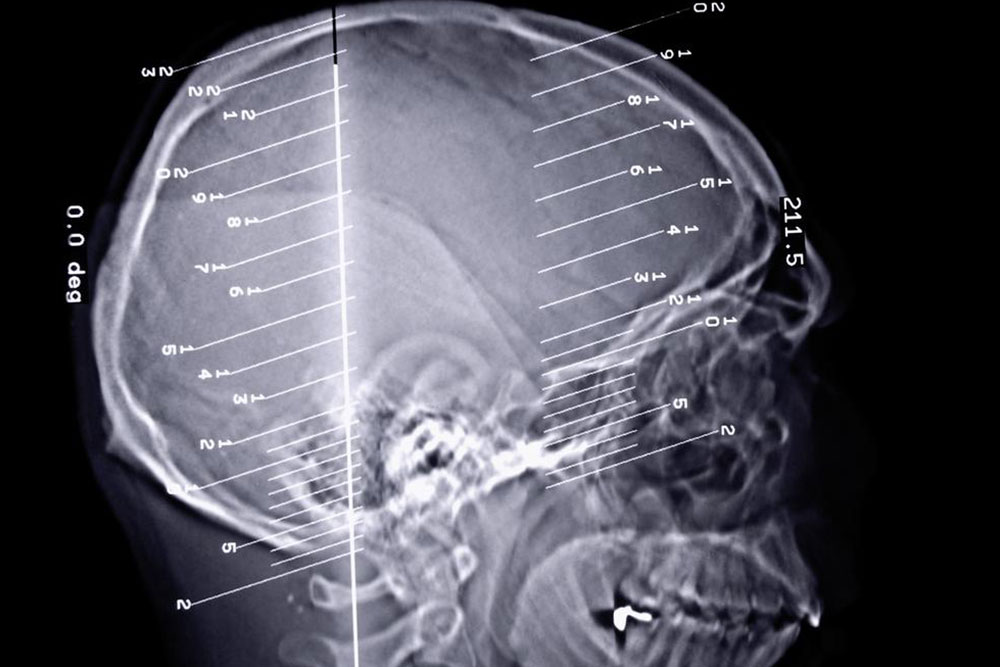Warning Signs and Factors Leading to Anorexia Nervosa
This article highlights key warning signs and underlying causes of anorexia nervosa. It emphasizes the psychological and societal factors contributing to this dangerous eating disorder while advocating for self-acceptance. Recognizing these signals early is vital for timely intervention and treatment. Understanding the disorder's roots can aid in prevention and support recovery efforts.

Warning Signs and Factors Leading to Anorexia Nervosa
In a society obsessed with appearance, the pressure to look perfect can be overwhelming. Constantly striving to maintain an attractive figure, influenced by fashion industry standards and media portrayals, can negatively affect both physical and mental well-being. When this pursuit turns into an obsession, it becomes a serious concern.
While maintaining a healthy weight is important, excessive fixation can lead to dangerous behaviors. One such behavior is anorexia nervosa, an eating disorder driven by extreme fears of weight gain.
Individuals desperate to hit the “ideal” weight often restrict food intake, sometimes resorting to laxatives, diet pills, or vomiting. This behavior is rooted in psychological issues, not just concerns about appearance. Many connect their self-worth to thinness and may go to great lengths to prove themselves worthy.
Understanding anorexia nervosa
Anorexia nervosa is a serious eating disorder characterized by an intense fear of gaining weight. Affected individuals may still eat but limit calorie intake through various means, including misuse of diuretics or laxatives, or self-induced vomiting.
This obsession can become life-threatening if unchecked. Though often associated with food, the root cause is predominantly psychological. Feelings of worthlessness linked to body image issues often fuel the disorder.
Causes of anorexia nervosa
Biological factors play a role; while specific genes haven't been identified, certain traits like perfectionism or high sensitivity increase vulnerability.
Psychological traits such as obsessive tendencies, extreme goal-oriented behavior, or compulsive dieting can contribute to the development of anorexia nervosa.
Societal pressures and unrealistic beauty standards further encourage unhealthy body image perceptions, especially among young females, pushing them toward dangerous weight-control methods.
Regardless of its origins, anorexia nervosa is a critical condition requiring attention. True beauty stems from comfort and confidence in oneself, not conformity to societal norms.










